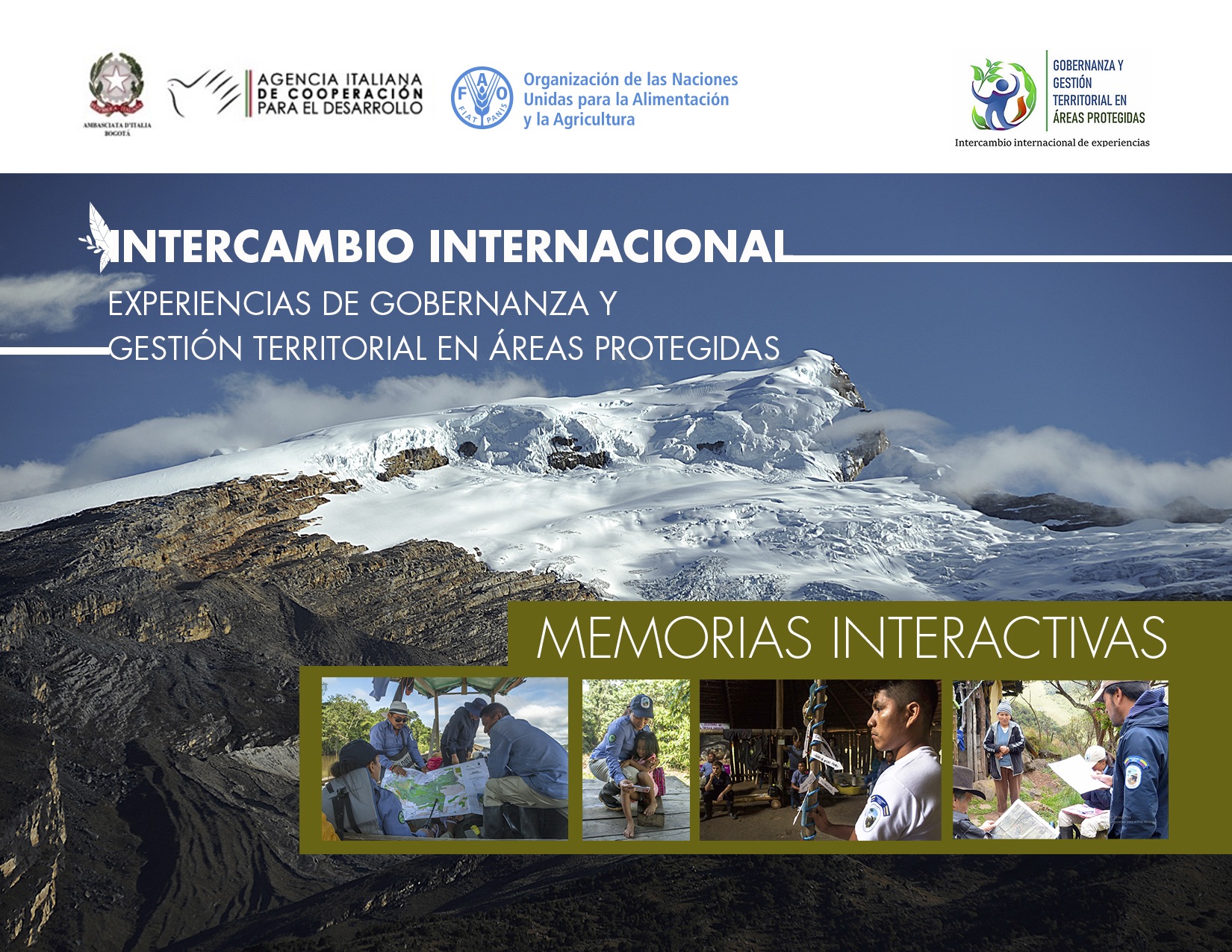Land Matters for Climate Reducing the Gap and Approaching the Target
The land use sector represents almost 25% of total global emissions. These emissions can be reduced. There is also great potential for carbon sequestration through the scaling up, and scaling out, of proven and effective practices. Improved land use and management, such as low-emissions agriculture, agro-forestry and ecosystem conservation and restoration could, under certain circumstances, further reduce the remaining emissions gap by up to 25%. These climate-smart land management practices nearly always come with adaptation co-benefits.



